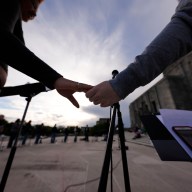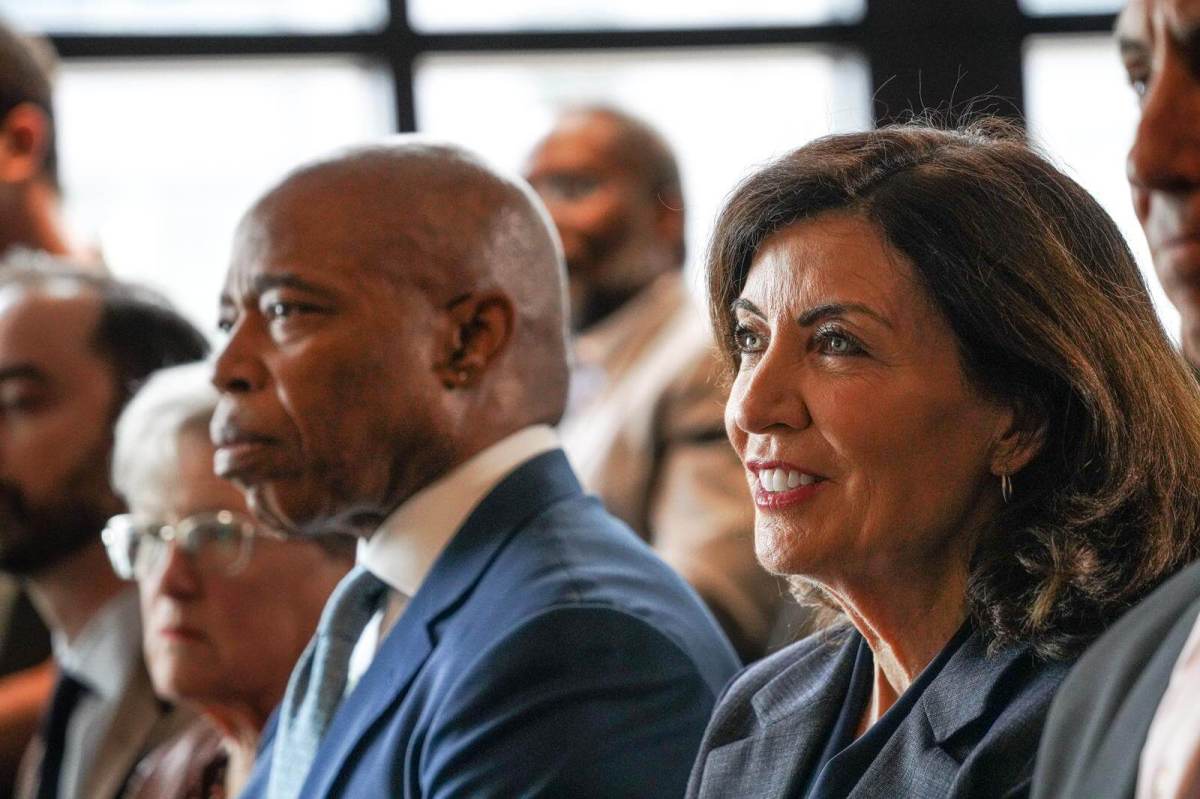 “Come Back, Africa” was filmed in the late 1950s on the sly in Apartheid South Africa.
“Come Back, Africa” was filmed in the late 1950s on the sly in Apartheid South Africa.
Credit: Milestone Films
‘Come Back, Africa’
Milestone Films
$39.99
The story of “Come Back, Africa” could be the next “Argo”: In the late 1950s, American filmmaker Lionel Rogosin went to South Africa. He told officials he simply wanted to make a harmless travelogue. It was a lie: What he really wanted to do was make a damning portrait of Apartheid’s effects and reveal them to the rest of the world. When it finally premiered in New York, the 1960 Sharpeville massacre had just killed 69 people.
Rogosin was a follower of Robert Flaherty, the pioneering documentarian, whose films used reality to tell quasi-fictions (which were often packed with lies, as in “Nanook of the North,” whose star wasn’t really named Nanook, for starters). As such, “Come Back, Africa” is a made-up tale, albeit one cribbed from truth and starring real non-actors. A young Zulu (Zacharia Mgabi) travels to Johannesburg to find work, only to get caught up in absurdist bureaucracy: to work he needs a working pass, but he can’t get a working pass without work. He drifts from odd jobs, including for racist white Afrikaners, and gets embroiled in the organized crime that has cropped up among the oppressed masses.
“Come Back, Africa” is nakedly a polemic, intended to strike a nerve and change the world. But it’s more than that. It’s as much interested in helping the people as it is learning about them and observing their lives. Music becomes a great excuse to halt the narrative. One protracted hang-out sequence begins as a political chat then turns into a showcase for singer Miriam Makeba, who was on the cusp of explosion. The characters aren’t mere victims — even with their rights curtailed, they’re very much alive.
Also out
‘Mother of George’The most beautiful film that came out last year, Andrew Dosunmu’s hypnotic drama hangs among a Nigerian enclave in Brooklyn, where a new bride (“The Walking Dead”’s Danai Gurira) is struggling to give her barren yet stubborn husband (Isaach de Bankole) a son. But plot takes a deep back seat to a sense of place that’s both claustrophobic and inviting.
‘Dallas Buyers Club’Matthew McConaughey will probably win his Oscar for playing a homophobe with AIDS who files a lot of “Erin Brokovich”-ish tantrums but never much becomes less of a homophobe.
‘Jules and Jim’Francois Truffaut’s third feature is a typically conflicted view on love, with two pals who spend their lives fighting for Jeanne Moreau.
‘The Escape Plan’And the masses didn’t want to watch old Sly and Ah-nuld break out of a high tech prison run by James “Jesus” Caviezel because?
Follow Matt Prigge on Twiter@mattprigge
















